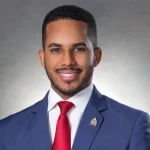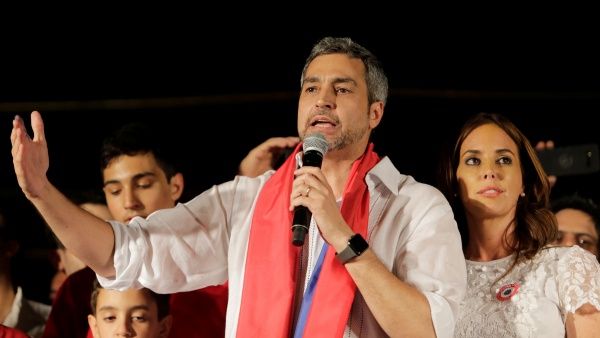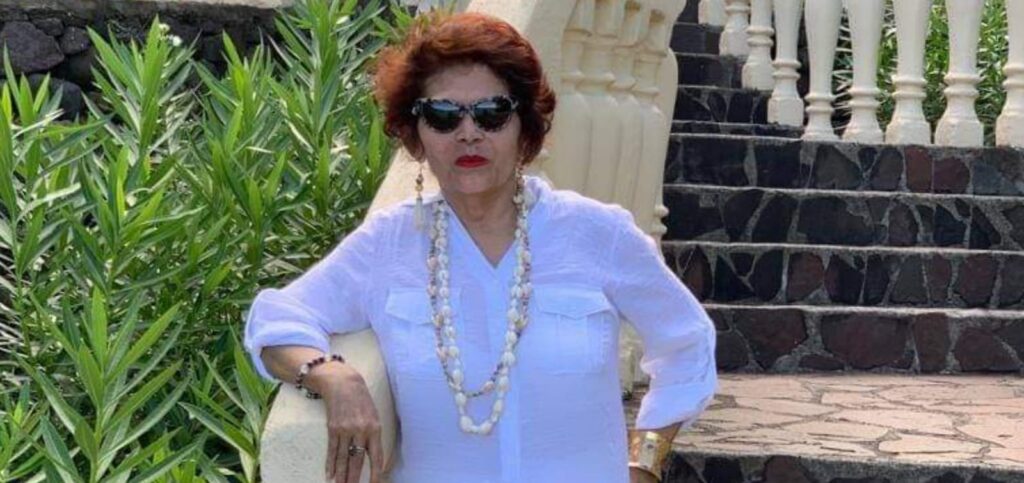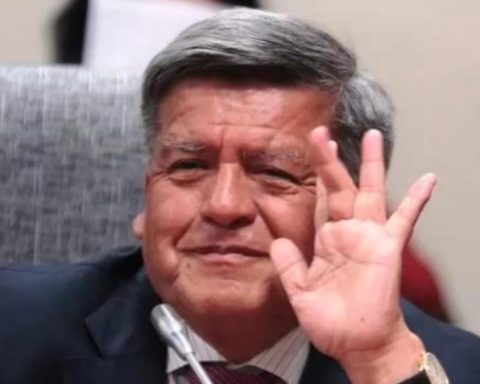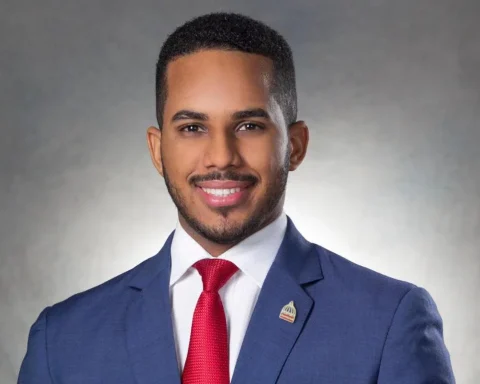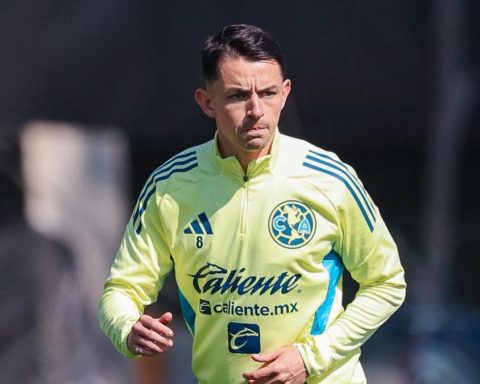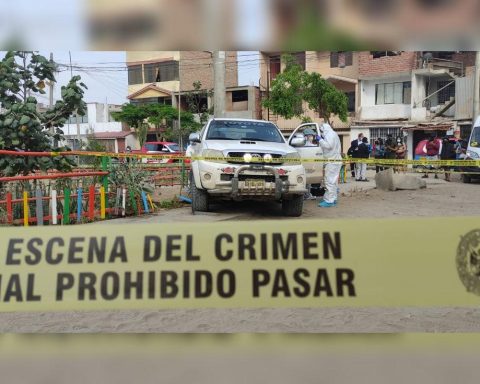The third anniversary of the law authorizing same-sex marriage in Taiwan this week has a bitter taste for Vincent Chuang, who is still unable to marry his partner, who is a foreigner.
At the forefront of the LGBT rights movement in Asia, Taiwan pioneered the region by legalizing same-sex unions on May 17, 2019.
But Taiwanese can marry foreigners of the same sex, as long as they come from a country where gay marriage is legal.
For LGBT activists, this is discriminatory and often forces these couples to live their relationship at a distance, even more so during the pandemic.
Vincent Chuang, a 36-year-old teacher, was unable to see his partner, Andrew Espera, a Filipino, for two years.
“We love each other and we want to be together. We are not asking for anything extravagant, just a simple right,” he told AFP.
Her relationship with Andrew began in the Philippines six years ago.
“I was working as a chef at the hotel I was in. It was love at first sight,” Vincent recalls.
With the closure of Taiwan’s borders to protect themselves from the covid-19 pandemic, the couple had to resign themselves to living their relationship at a distance.
470 couples in this situation
They almost gave up, but Andrew got a student visa and they were able to see each other again this week.
“We pray that Taiwan will accept us, accept our relationship and allow us to be a legal couple, even though my country has not yet legalized same-sex marriage,” says Andrew, 31.
According to the Taiwan Alliance for the Promotion of Civil Union Rights, currently some 470 binational same-sex couples want to get married, but cannot.
The association launched several court proceedings to have this restriction lifted and was successful in three.
But court decisions only apply to couples who initiated the procedure. Those who want the same right must undertake a long legal battle.
The Taiwanese government “usually prides itself on being the first in Asia” to have legalized same-sex marriage, “but there is a clear gap that needs to be filled,” says the association’s general secretary, Chien Chih-chieh.
The last time Lee Wei-cheng saw his Burmese partner was at the 2019 pride parade, when some 200,000 people celebrated the legalization of gay marriage.
But after that the pandemic broke out in 2020, followed by the coup in Burma a year later.
Not a day goes by without Wei-cheng, a 31-year-old civil servant, worrying about the safety of his partner, who is from the Karen ethnic group, the same ethnic group that formed an armed group opposed to the ruling junta.
“We hope to live together in Taiwan and we thought that getting married would be the best, but we still can’t do it,” he says.
“We have been separated for three years … As a Taiwanese, I should have the right to marry whoever I want, but I am denied that right.”
student visa
Tan Bee Guat, a Malaysian, has been living in Taipei for six years on a student visa that allows her to be with her partner, Lai Kai-li, but not to get married.
“I felt happy and hopeful when Taiwan legalized gay marriage, because in Malaysia it is unthinkable,” says Bee Guat.
The two women will continue to mobilize for full equality of rights.
“We are treated differently because of our sexual orientation,” says Kai-li. “It’s discrimination.”

